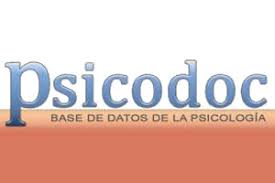This journal provides open, immediate access to its contents, based on the principle that offering the public free access to research helps to promote a higher global exchange of knowledge.
As such, all journal articles are published under a Creative Commons Attribution-NonCommercial-ShareAlike 4.0 International License (CC BY-NC-SA), by which commercial use of the original work or its possible derived works is not allowed, and the distribution thereof must be done with the same license elements regulating the original work.
http://creativecommons.org/licenses/by-nc-sa/4.0/
Abstract
Quality of Life (QoL) is considered as the subjective well-being perceived by each person about his or her reality, in the biological, psychological and social aspects. In the context of health, QoL reflects a patient´s subjective view of their illness, treatment and the impact it has on their lives. The aim of this study was to identify changes in the QoL of patients with traumatic brain injury (TBI) with attentional disorders, after attending a rehabilitation program. It is a case study in 3 patients, 2 men and 1 woman with a history of severe TBI, with a mean age of 28, average schooling of 9.3 years, without neurological or psychiatric history prior to the injury. Patients with TBI, Glasgow less than or equal to 8, 6 months' evolution and a deficient performance on attention tasks were included. For the assessment of QoL a questionnaire was applied before and after the program in order to identify the cognitive, emotional and social changes. The qualitative analysis shows positive changes in the three dimensions of QoL assessed. The findings suggest that rehabilitation programs can improve QoL in patients with TBI. The assessment of QoL provides qualitative evidence about the subjective experiences of patients after TBI, which facilitates the establishment of the intervention goals and a better understanding of the effects of treatment.





















